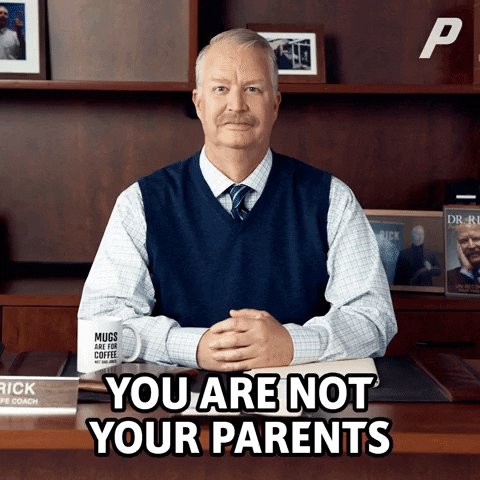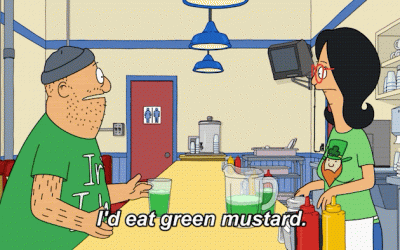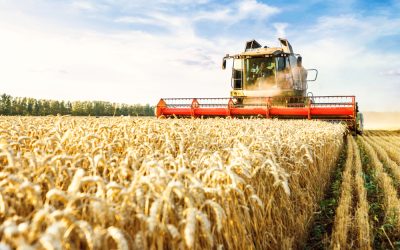Parents pass on a lot of things to their offspring. You can thank Mom and Dad for how you look (or not). They can also be to blame for passing on some conditions and diseases.
In the plant world, genetically transmitted viruses can hang out in seeds for years, just waiting to sprout. This can allow disease transmission to happen within seed trade across country borders—a major concern for ag.
Progeny pathway: To solve the problem of parent-to-progeny virus transmission, scientists started with what the mother plant is already doing. An infected mother plant may only pass the virus to up to 5% of its seedlings.
So researchers wanted to find out what happens 95% of the time the virus isn’t passed on.
They found that two genes that exist in the early stages of seed development are key. Small, interfering RNA fragments block protein production, and some of those proteins may contain a virus waiting to invade.
Soundbite: “We believe the reason these plants can prevent seed infections is because the antiviral RNA interference pathway is active when seeds are being developed within mother plants,” said study corresponding author Shou-Wei Ding.
Where this goes: Researchers are exploring if they can reduce virus transmission rates through bulking up the immune pathway they pinpointed. The pathway could help reduce disease transmission outside of plants, too: people, animals, and fungi could all turn over a new leaf.
CRISPR to Help You Eat Your Greens
CRISPR technology is here to stay—and it’s making a splash in produce. Pairwise is a food and ag...
A Wing and a Prayer: New Salmonella Rule Coming Through
USDA’s Food and Safety Inspection Service (FSIS) is trying to gobble up salmonella. Hatching a...
Passing it Down: Lawmakers Work Across the Aisle to Support Farm Transition
"America’s food security is national security." That was Senator Mike Braun (IN) speaking...




